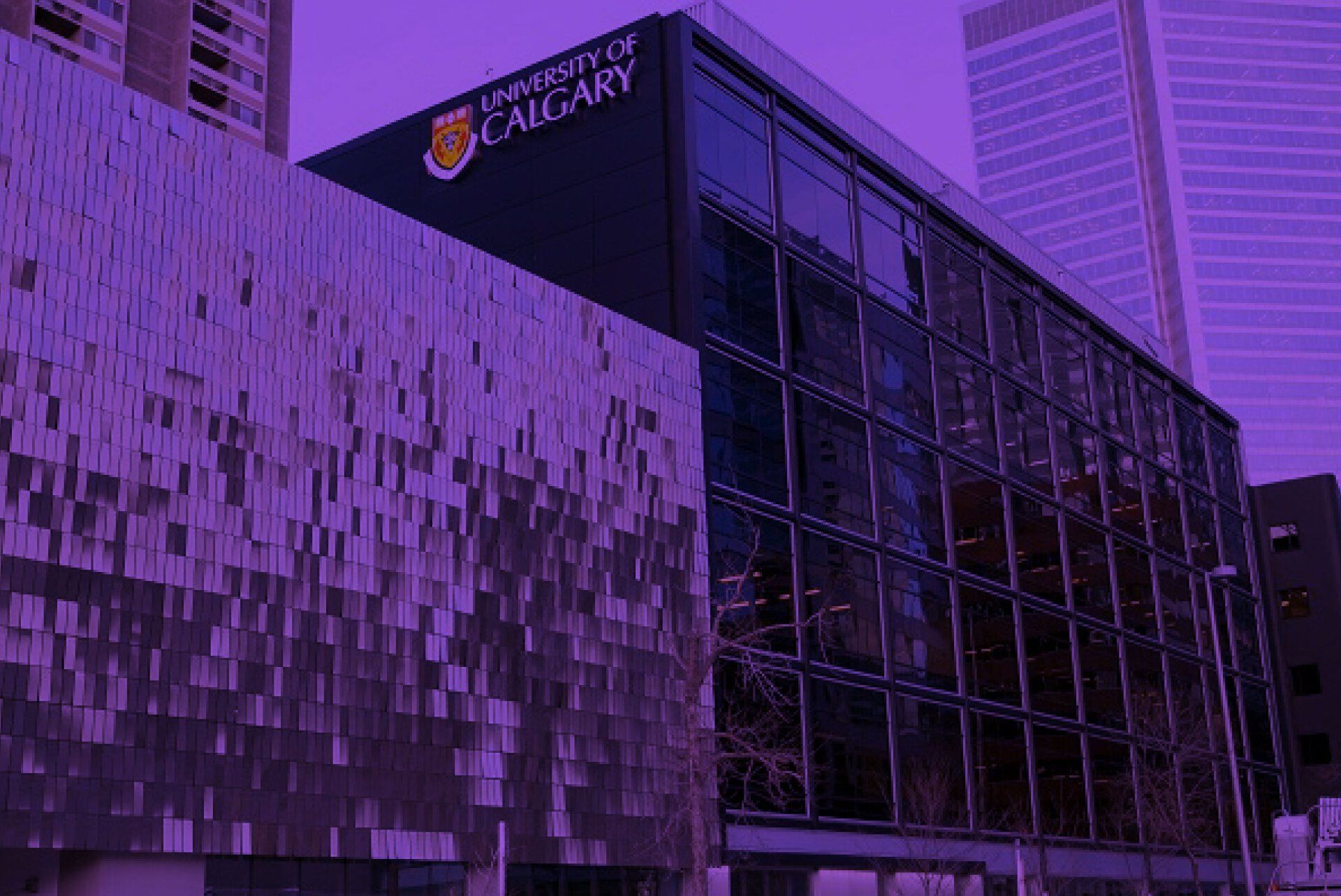ARTICLES
SAM Blog
With so much misinformation out there peddled by the corporate media, S.A.M. takes it back to the old-fashioned idea of data first. Contributors from across the S.A.M. network take a deep dive into timely topics and cover a broad range of themes from science and ethics to politics and policies. We hope this helps spark ongoing and productive conversations.
Recent posts
By Brandon Paradoski
•
May 19, 2022
FREE SPEECH IS NOT A RIGHT, IT'S A NECESSITY.

By Sheldon Munroe
•
May 10, 2022
In today’s world, it appears the art of questioning is increasingly frowned upon. Questioning public policies and issues that should be important to citizens is viewed negatively while questioning public policy makers in a way that leans more toward praise is complimented. Let me give you an example. A question such as, “Trudeau, why is your delightfully vicious treatment of the unvaccinated so beneficial to the New World Order” could very well win you a prize in investigative journalism. On the other hand, a question that makes a public policy maker look bad, or appear incompetent, is a no-go zone. The almost guaranteed mainstream outrage would be on par with that of a heinous crime! At least, the offending questioner would certainly be treated similarly. Why — a rational person might ask — does this over-the-top reaction take place? The answer is actually fairly simple. Prolonged comfort has created an environment where emotion guides the decision-making process. Shockingly, facts or clear truths are seen as inconvenient. Even more remarkable, questions that are actually in the best interest of the public are sometimes received negatively by the public. The masses are displeased with the question and for no better reason than that they don’t want to know the answer. Many people don’t want to be informed, they simply want to feel informed. People hear what they want to hear. In addition and because so much is politicized today, people assume political background on the basis of how questions around hot-button topics are asked. Questions as simple and as important as, “do we really need to go to war with that country?” or “is that drug truly safe?” are viewed to be in line with a certain political affiliation. A reply to those questions might include, “oh, you must be a Democrat” or, “you must be a Republican”. "An honest question should be met with an honest answer." An honest question should be met with an honest answer. Honest questioning allows for the opportunity to review and discuss evidence used to justify policy creation. This is essentially the art of questioning. The motto can be very simply summarized: Feel comfortable asking questions in different settings and different scenarios. Don’t only question when you feel it’s appropriate to do so — question when you feel uncomfortable doing so. To question is a fundamental part of understanding. If questioning and discussion are stifled, people can easily be driven to extremes.

By Sheldon Munroe
•
April 29, 2022
There is an understandable degree of romanticism behind the benefits of collectivism and collective action. In reality, this romanticism is not derived from examples of forced collectivism, but rather examples of individual, self-motivated acts in which a person does something regardless of whether they gain or lose, in order to benefit another. In certain instances, there can be an understandable desire to judge those that do not act in accordance with that which will benefit the majority. The external forces that take advantage of this desire and abuse individual goodwill to further their own agenda are arguably the greatest threat to our society. This is when independent thinking becomes so critical. Without individual thought being supported by fact-based decision making, these outside forces can manipulate the public through collective emotion – seemingly at will. Emotion predicated on the idea of collective need and social cohesion is the most futile and vulnerable characteristic of our society hold. Fear and hatred will result if we are forced into a collective as opposed to tethered through individualism. Any entity with truly immoral directives can easily infiltrate and manipulate the goodwill of people by playing off the romanticism of collectivism. This allows for nefarious entities to convince people to turn against the very thing that allowed them to function with a sense of genuine and moral purpose in the first place – that being individualism. Individualism plays a crucial role in all manners of society. As members of society, laws and policies affect individuals in one way or another. However, if we have no appreciation or tolerance for individualism, it will inhibit our ability to be anchored to reality. We become prohibited from thinking rationally or logically on any issue, even when it is supposed to pertain to the public. If we ignore individual views, how can we give constructive or honest feedback on issues that are affecting us? This leads us to ask the question; what is ‘the public’ and who is a part of it if the individual is not allowed to participate? Harmony is a word commonly used to describe collectivism. To a certain degree it is understandable to think of this word as fitting, but how fitting is it really if the involvement in collective action is such that people can't have individual thoughts or voice independent concerns? How does this harmonized collective hope to thrive, let alone survive? If history has taught us anything, it is that as humans we are imperfect, highly flawed creatures who certainly do not know everything. If we move towards a forced collective society, we will establish an ever-worsening, ‘all knowing’ mentality. Consequently, people begin to think that because they have silenced any opposing voices, the decisions of the herd are soundproof and will be without fault. Based on what we know about human behaviour from history, the idea of an all-knowing group of humans, who are above question and carry no faults, can in no way exist for long. If we as humans adopt a collective society where individualism is looked down upon – or worse, made a punishable offence – we will push ourselves to the brink, regardless of what side of the political spectrum the group identifies with. In doing so causing true despair and hardship. That is why, as members of society it is always important to understand the value of individualism and work to promote its well-being. That is simply because a society cannot last long without individualism. By attempting to force cohesion and strip individualism for the greater good, we will see collectivism destroyed.

By Sheldon Munroe
•
March 31, 2022
The university experience creates a crucial time and opportunity for people to come together and learn each other’s perspectives, no matter how different. This can only be accomplished by all students and faculty being open-minded and willing to listen to each other. Unfortunately, this is seemingly not how university faculty and certain students have viewed this precious time we are fortunate enough to receive. In today's university environment, as a student it is difficult not to have noticed a continual, seemingly purposeful effort by many professors, to single out any student that may have an opposing opinion or even a question about the Covid-19 mandates or restrictions and to berate them and their personal opinions in front of fellow classmates. Oftentimes professors will begin falsely associating the opinions or questions with general stereotypes and complete falsehoods. Many university instructors seemingly have the perspective that this is a time to learn what is the right way to think in regard to specific political issues. Since so many people in popular culture deemed anyone who merely asked a question about the Covid-19 mandates a “right wing extremist” Covid-19 and the mandates pertaining to this virus unfortunately became politicized at the university level. It is worth noting that this issue is widespread and pervasive, applying to most all university departments and not just any single department. In many cases, professors will begin the semesters by stating that they do not take sides when it comes to political ideologies, or at the very least, that they will not judge students for their beliefs. But then, not long after making such statements they begin to do just the opposite. In most cases students with opposing views to the popular and pervasive narrative surrounding the Covid-19 vaccines and masks, have had to and/or can expect to face repercussions for voicing their perspective. As a result, this has severely disrupted and hindered what should otherwise be a liberating and enjoyable exchange of ideas within the context and safety of a liberal education. For many students who sought to exercise their freedom of speech or autonomy of body rights over these past two years, universities have responded with actions such as banning said students from campus grounds, from in person learning or from their access to education all together. Students who have had questions regarding the merit, ethics or legality of these mandates have tended to shy away from commenting or correcting their teachers and fellow classmates' popular misconceptions about the kind of people who dare oppose or question the popular narrative. Oftentimes it is as simple as asking about natural immunity, vaccine efficacy, or requesting to see the “science” upon which the school is basing its decisions that will get one labeled “right wing”, “conspiracy theorist”, or a “spreader of misinformation”. It should note that by asking questions or having an opinion that does not coincide with the popular narrative, it does not mean that you are anti-science, or pro-hate, and in fact in most cases it is just the opposite, but unfortunately this seems to be the majority of professors and teachers' opinions at the university level. Asking questions and feeling comfortable to state one’s opinions is in fact beneficial in order to facilitate meaningful discussion and debate at a university level and at a societal level as a whole. It is also always important to remember that unpopular speech is absolutely vital to the health of a nation. As university students and as members of a free and democratic society we must always exercise our freedom of speech no matter what obstacles are put in our way. “Without freedom of thought, there can be no such thing as wisdom; and no such thing as public liberty, without freedom of speech”. — Benjamin Franklin
Contributors
Become a SAM Contributor
Interested in writing articles for S.A.M.?
Fill out the form below and we'll be in touch.
Become a writer
Thank you for contacting us.
We will get back to you as soon as possible.
We will get back to you as soon as possible.
Oops, there was an error sending your message.
Please try again later.
Please try again later.
Powered with ❤ by Vantix Digital




